The wonderful weekend of WOMADelaide 2020 is done, but the impact remains. The global sounds are etched into our souls and the images from around Botanic Park remain in our mind’s eye.
Here are some reminders.
Tuuletar – “vocal folk hop” from Finland – provided harmonies that sounded modern but had ancient roots:
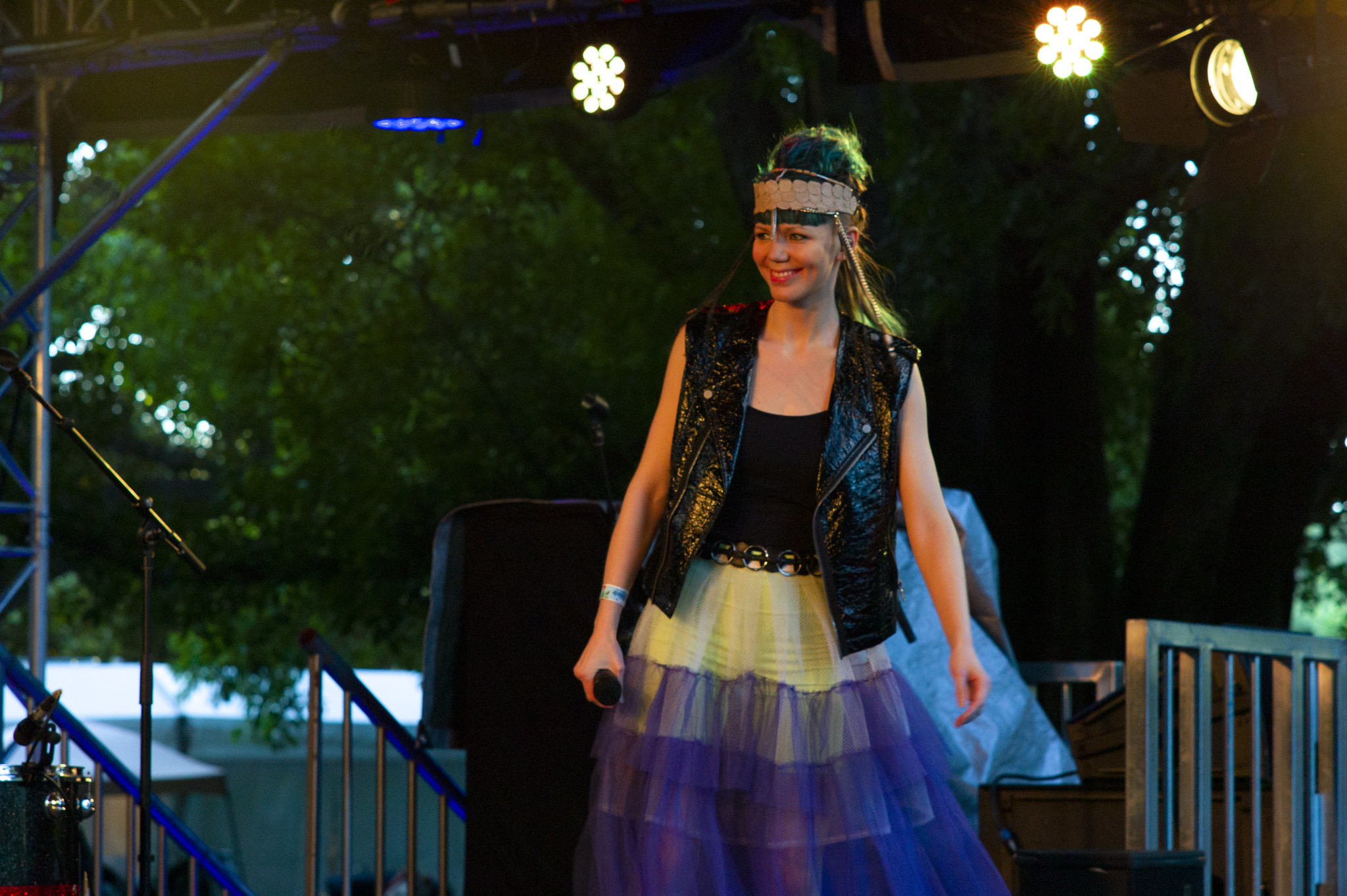
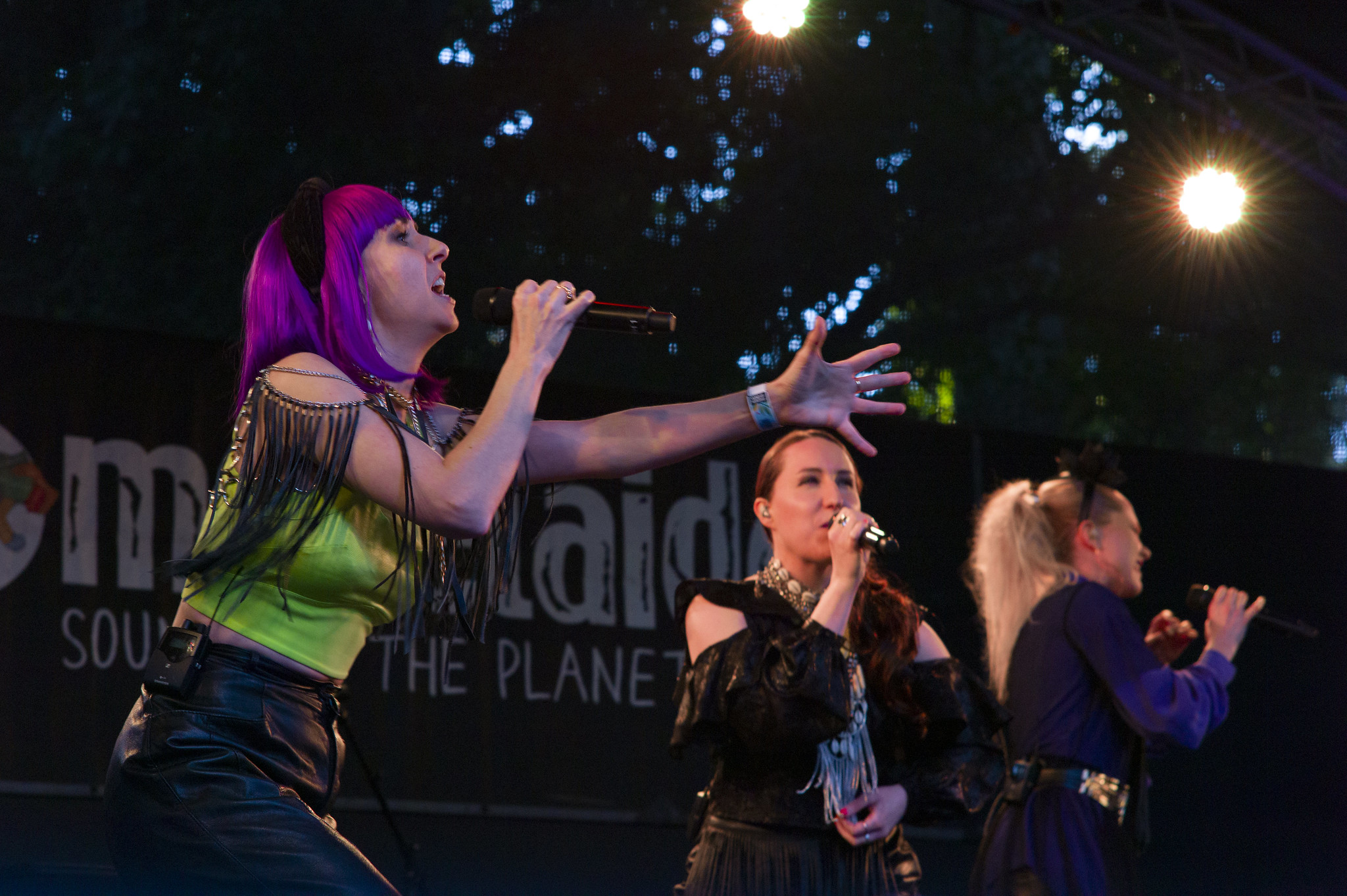
There were some unusual pairings at WOMADelaide. Rhiannon Giddens – a traditional fiddle and banjo player – performed with Francesco Turrisi – a specialist in percussion, piano, jazz and early music.
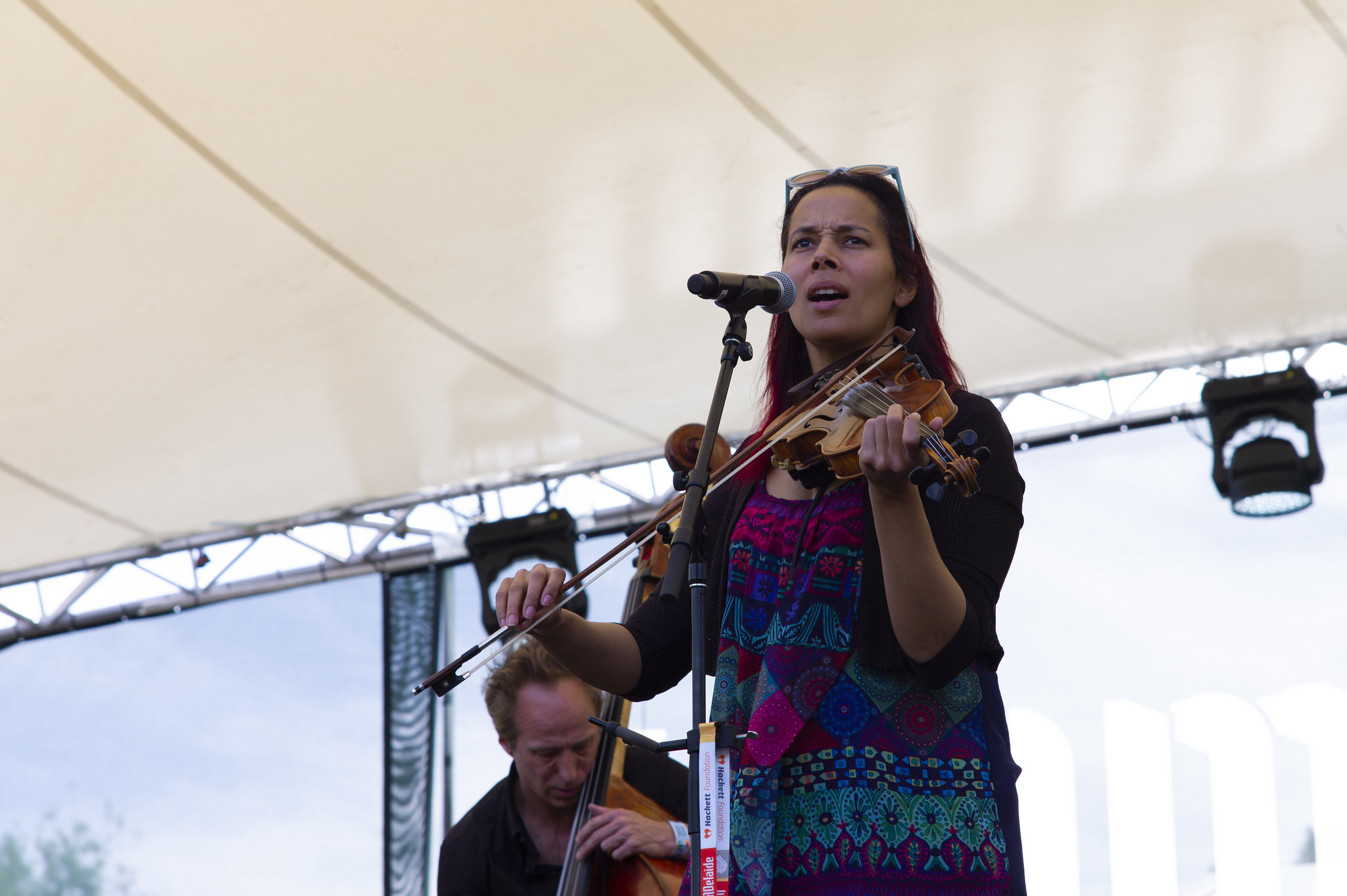
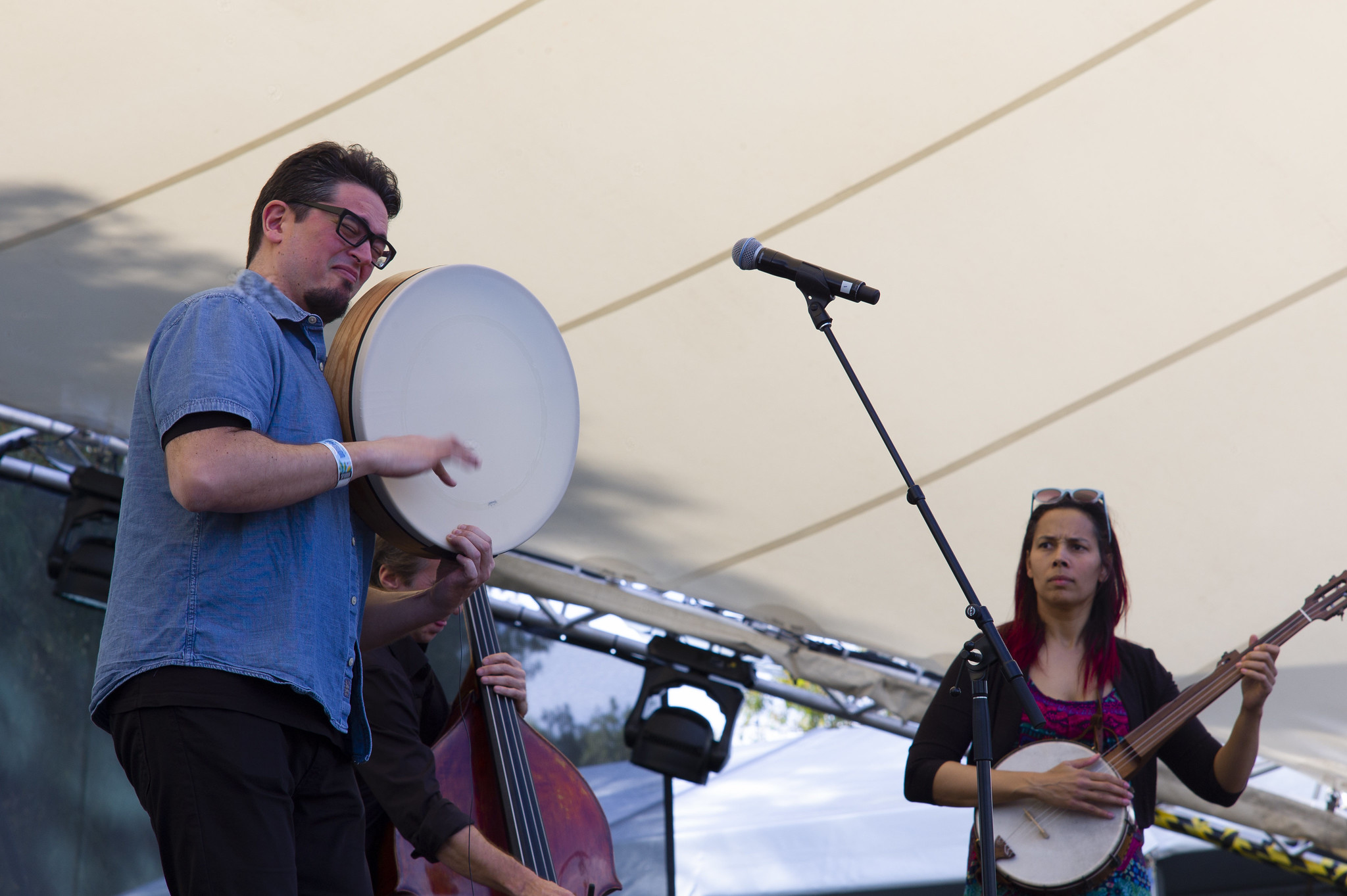
Luisa Sobral was a standout. Her beautiful voice combined brilliantly with winning song-writing and story-telling; the crowd was with her all the way. Her brother Salvador Sobral won the 2017 Eurovision Song Contest for Portugal, singing Luisa’s song “Amar Pelos Dois”. Another unlikely pairing was the brilliantly-arranged brass trio that accompanied some of her songs. Solos by Chris Weber on trumpet were answered by Luisa’s vocal trumpet scat, adding much to the appealing diversity of her superb performance.
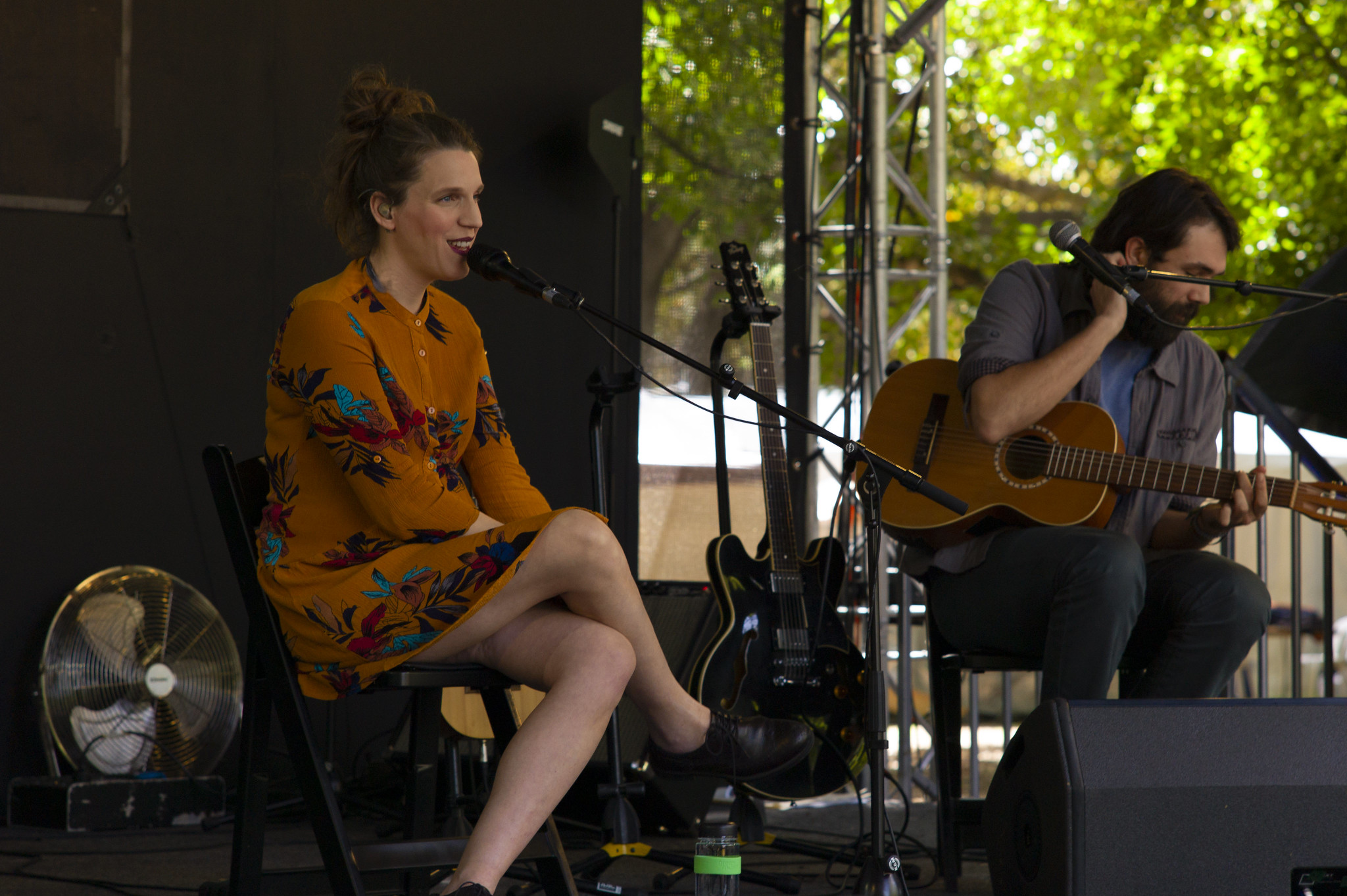
Another colourful favourite was Gelareh Pour’s Garden. Gelareh’s poignant stories of making music across two cultures – Persian Iranian and Australian – brought many to tears, an echo of the emotional depth of her songs.
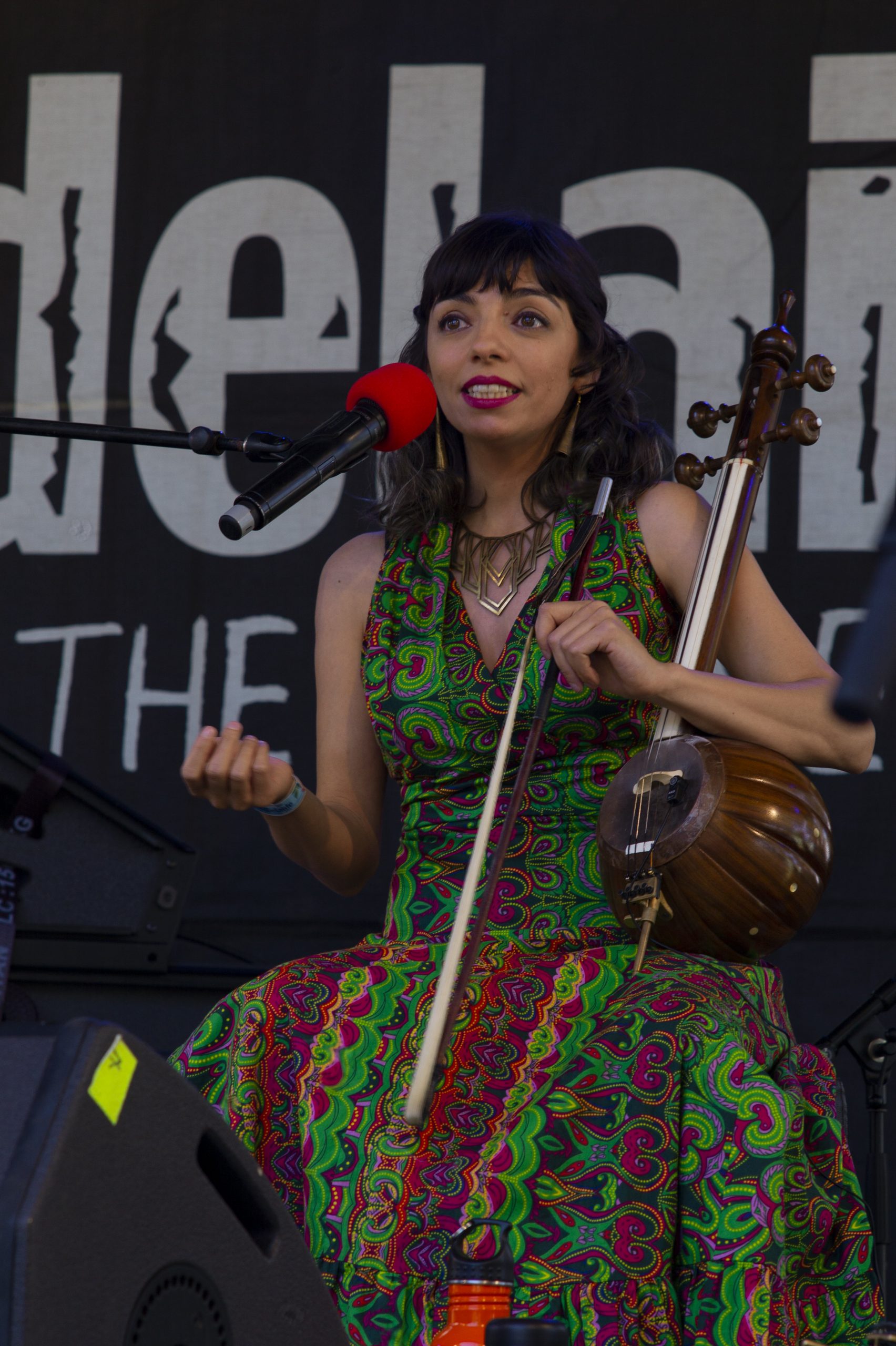
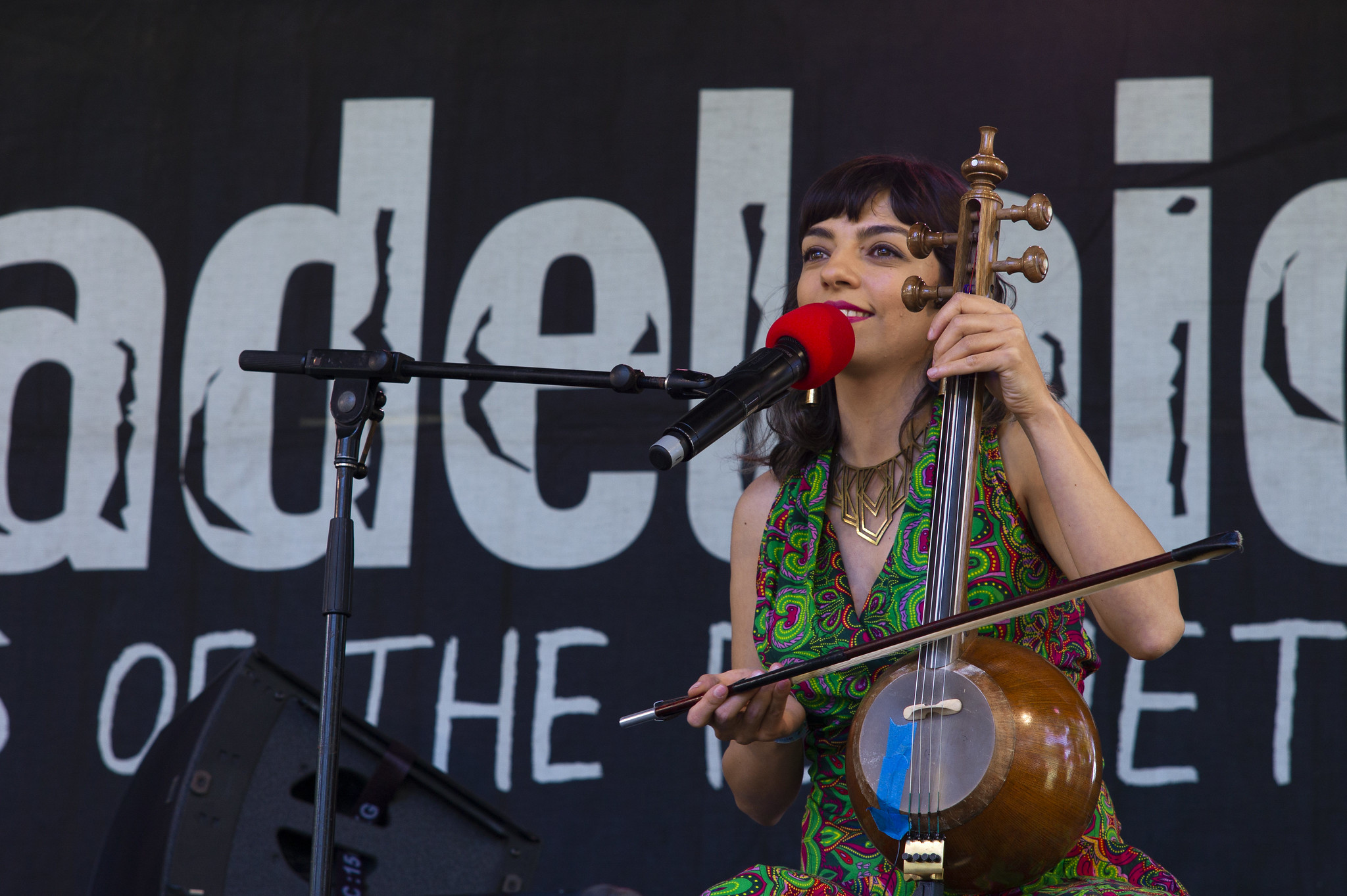
New Zealand singer-songwriter Aldous Harding was handed the equivalent of Willie Wonka’s Golden Ticket – an appearance on the second-largest stage for her debut at WOMADelaide. But her style and the standard of her stagecraft and band would have been a much more comfortable fit on a smaller and more intimate stage such as under the magnificent Moreton Bay Fig Tree. Maybe next time.
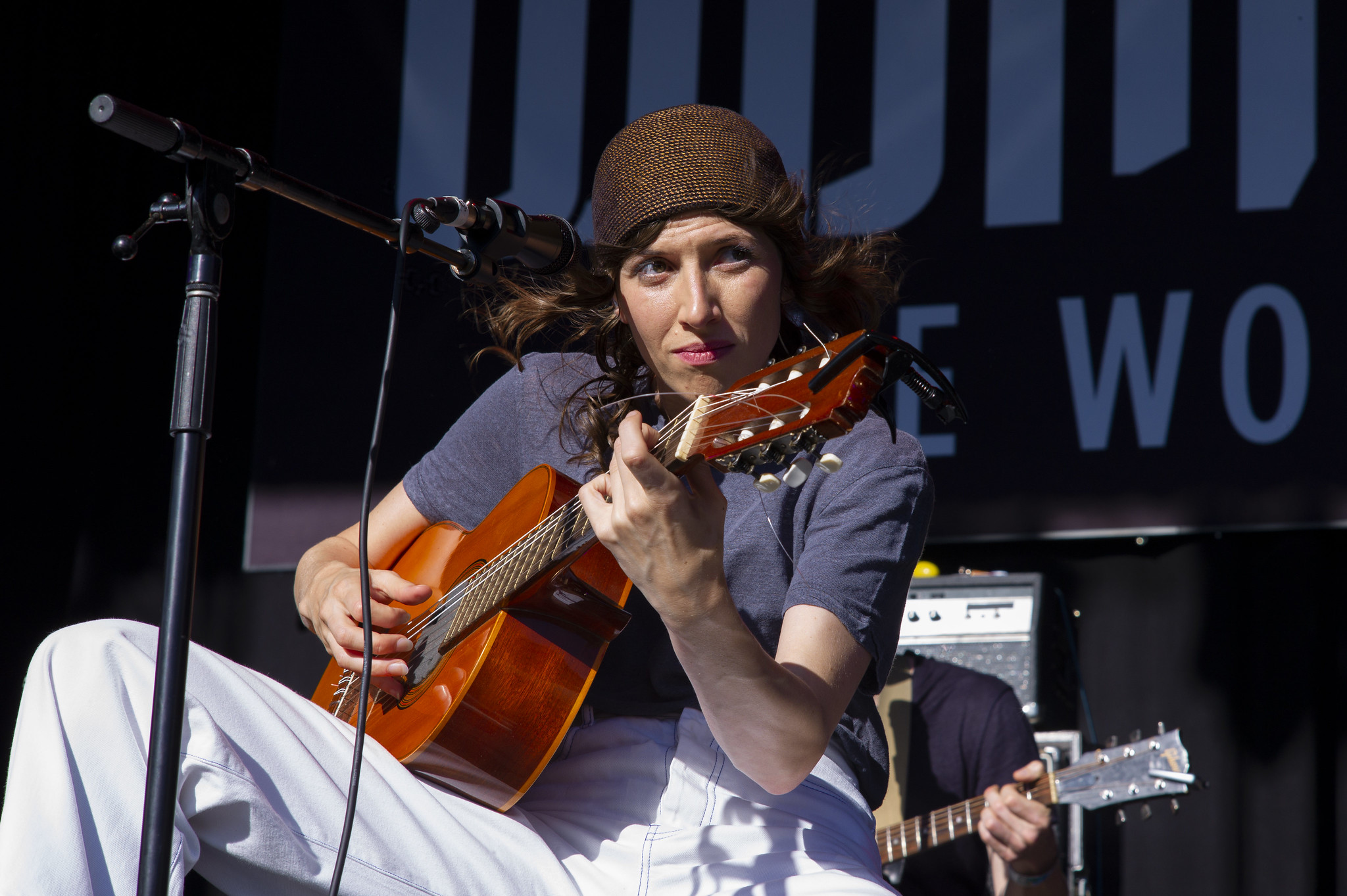
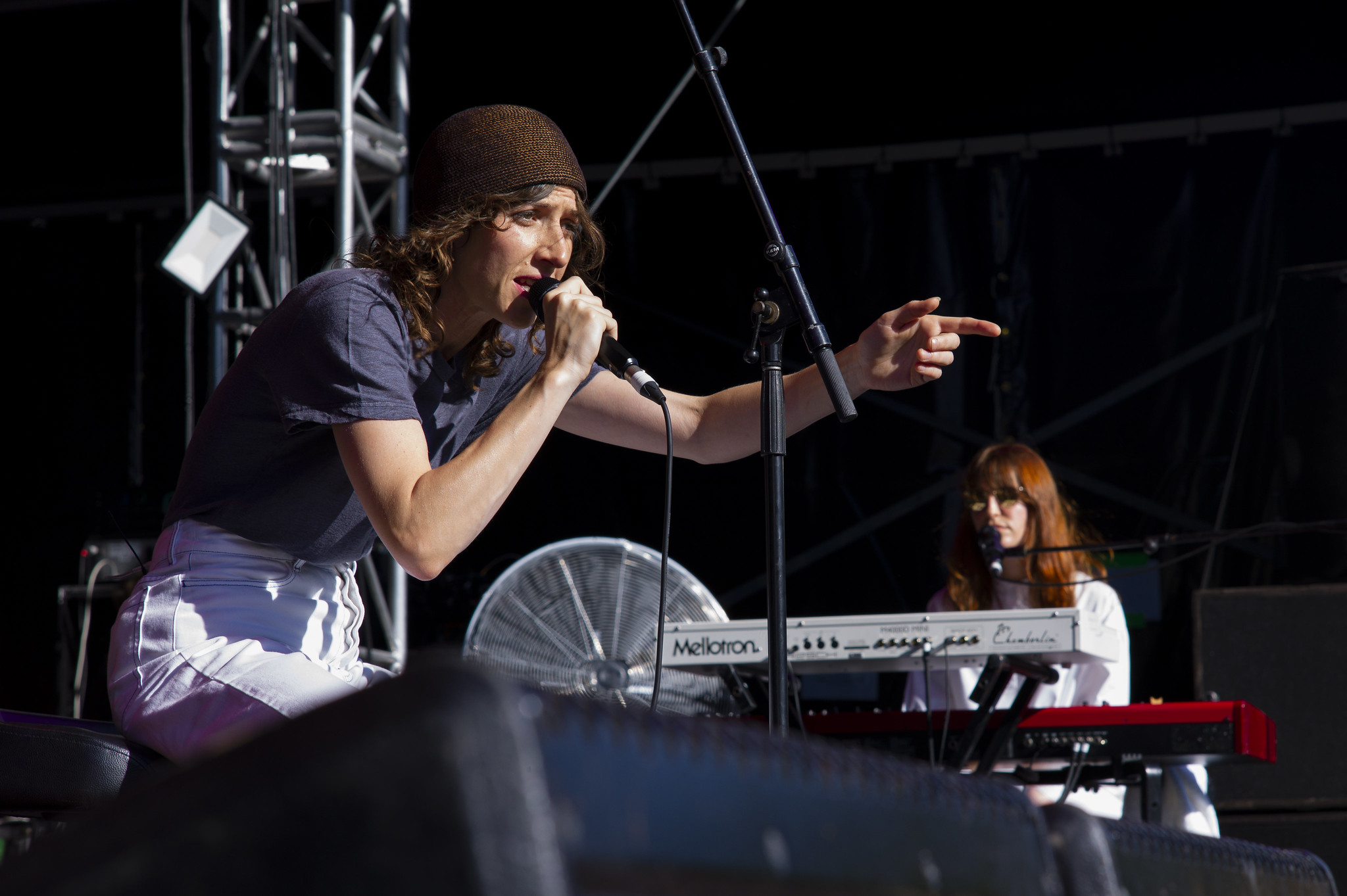
B.DANCE from Taiwan proved they were more than worth the anxiety over potential coronavirus travel restrictions. The dancers effortlessly combined contemporary dance with martial arts to create an ethereal vision akin to lanterns floating on a pond.
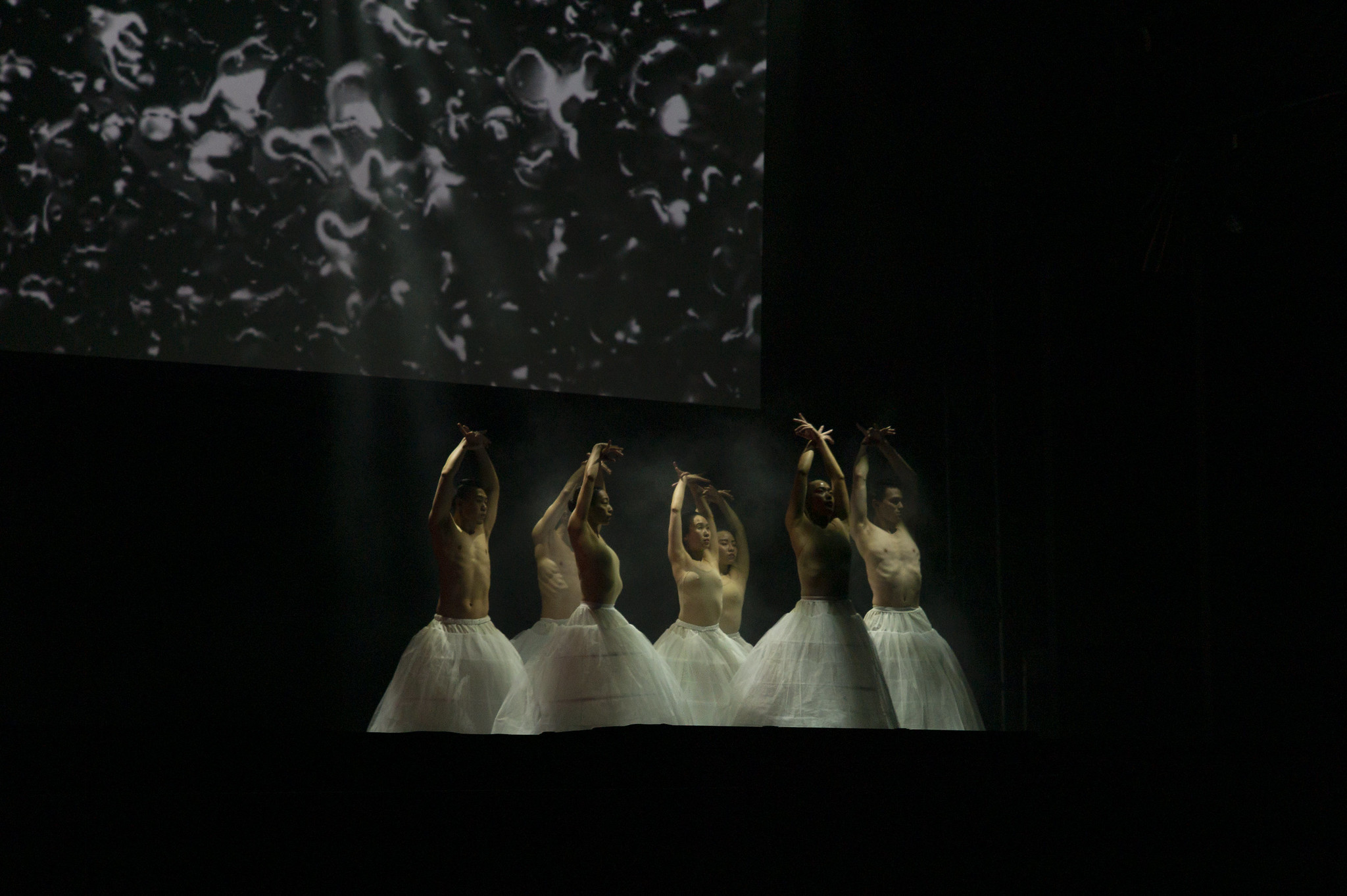
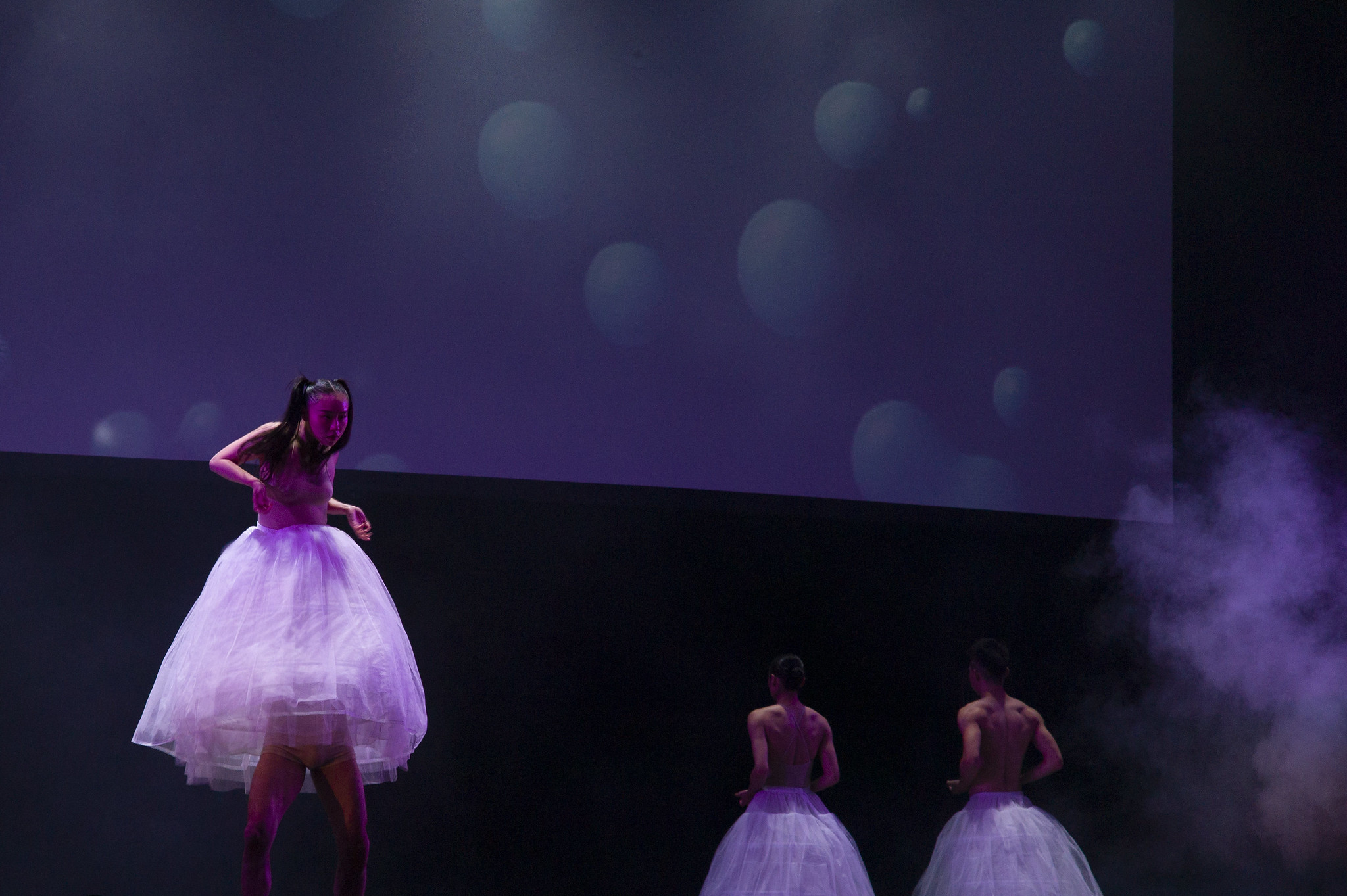
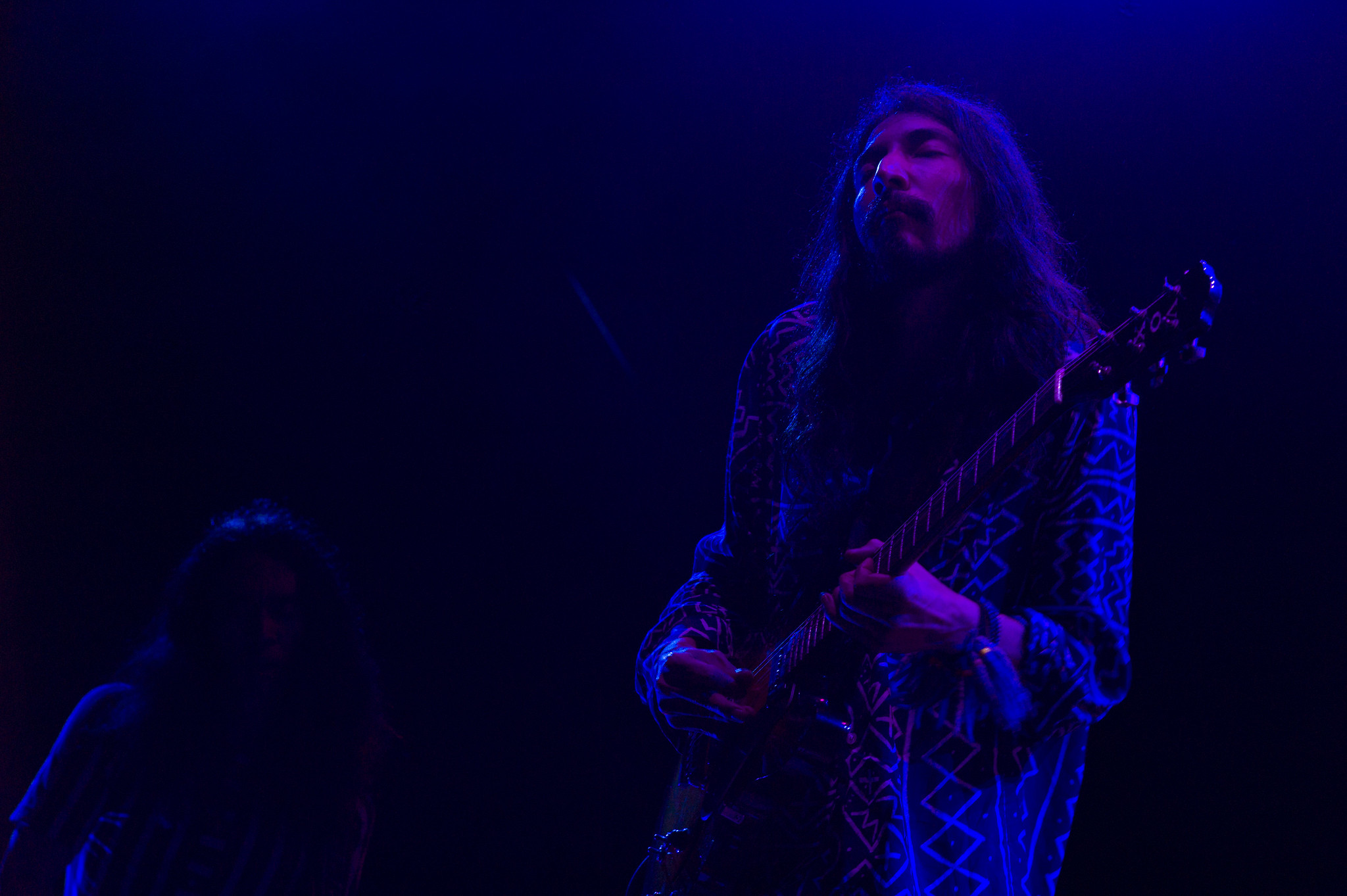

Attendance this year was 97,000, just beating the 2018 WOMADelaide record of 96,000. But remarkably it never seems too many for the bountiful Botanic Park. The traditional lands of the Kaurna people continue to nourish people and culture, as they have for tens of thousands of years.
All photos: Simon Loffler
